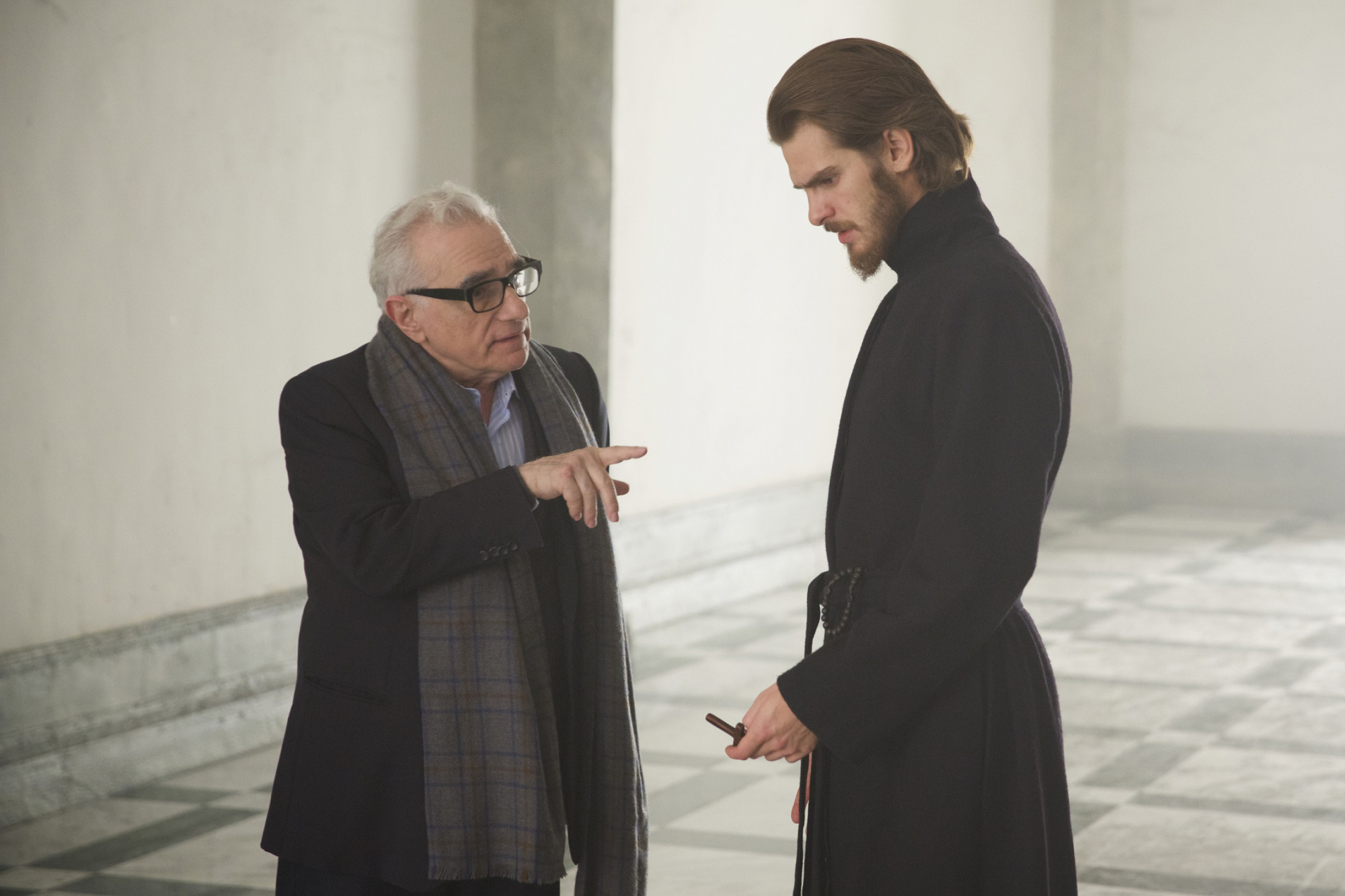Martin Scorsese's adaptation of "Silence," Shusaku Endo's tale of Catholic missionaries suffering brutal repression in 17th-century Japan, has met with mixed reviews. Some have found it ponderously overlong and, for those unfamiliar with Japanese history, baffling in context. It is, in fact, not a minute too long — agony and anguish can't be rushed — and well worth the 25-year wait. Scorsese spent decades trying to realize this "passion project," overcoming numerous production difficulties and legal wrangles along the way.
"Silence," the 1966 novel by Shusaku Endo (1923-96), has also had a difficult life. When it was first published, Christians in Japan were urged not to read it. Today it is read across the world as Endo's masterpiece — by Christians, too — and the variety of interpretations is striking. A further indication that the world has changed significantly in the last 50 years is that Scorsese's "Silence" has invited so little controversy from Christian commentators.
"Silence" tells the harrowing story of Jesuit missionaries and their so-called kakure kirishitan (hidden Christian) converts set in an era when Japan began to tightly restrict European influence.


















With your current subscription plan you can comment on stories. However, before writing your first comment, please create a display name in the Profile section of your subscriber account page.